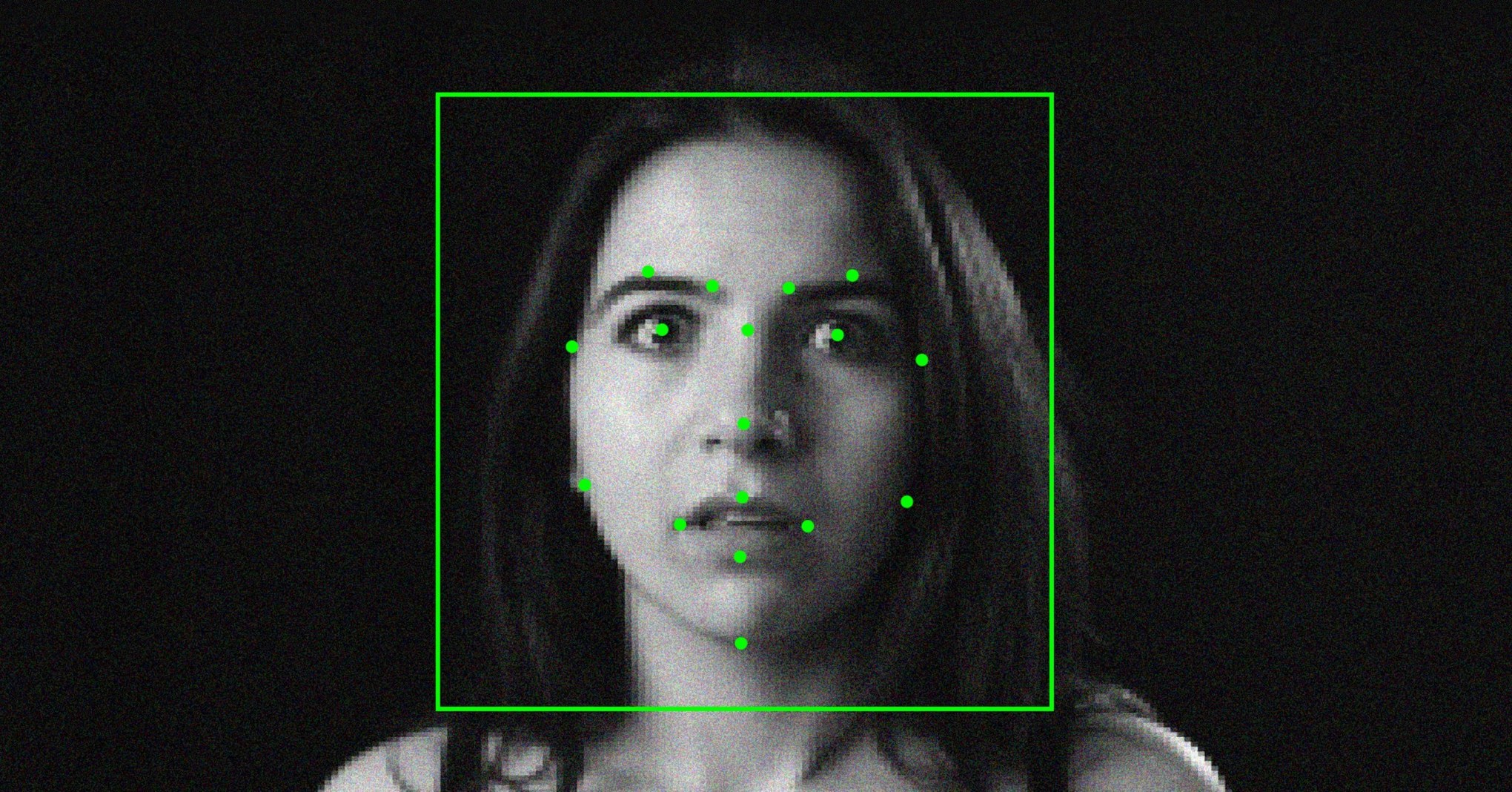The news sparked interest because Amazon is at the center of a political tussle over the accuracy and regulation of facial recognition. Amazon sells a facial-recognition service, part of a suite of image-analysis features called Rekognition, to customers that include police departments. Another Rekognition service tries to discern the gender of faces in photos. The company said Monday that the gender feature had been improved—apparently a response to research showing it was much less accurate for people with darker skin.
Rekognition has been assessing emotions in faces along a sliding scale for seven categories: “happy,” “sad,” “angry,” “surprised,” “disgusted,” “calm,” and “confused.” Fear, added Monday, is the eighth.
Amazon isn’t the first company to offer developers access to algorithms that claim to detect emotions. Microsoft has had similar offerings since 2015; its service looks for a similar list of emotions, adding “contempt” but deleting confusion. Google has offered its own similar service since 2016.
Amazon declined to detail how customers are using emotion recognition. Online documentation for Rekognition warns that the service “is not a determination of the person’s internal emotional state and should not be used in such a way." But on its Rekognition website, Amazon, whose ecommerce business has squeezed brick-and-mortar retailers in part via deep data on consumers, suggests that stores could feed live images of shoppers into its face-analysis tools to track emotional and demographic trends at different retail locations over time.
Sourced through Scoop.it from: www.wired.com



Leave A Comment